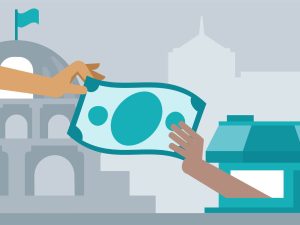
- Curriculum
- Reviews
SECTION 1: CONSUMER PSYCHOLOGY DEFINITION
SECTION 2: CONSUMER BEHAVIOR THEORY
-
7Models of Human Behavior
-
8The Marshallian Economic Model
-
9The Veblenian Social-Psychological Model
-
10The Pavlovian Learning Model
-
11The Freudian Psychoanalytical Model
-
12Maslow's Hierarchy of Needs
-
13Defining Models of Consumer Behavior
-
14The Bettman Information Processing Model
-
15The Nicosia Model
-
16The Howard-Sheth Model
-
17The Howard Model
-
18The Engel, Blackwell, Miniard Model
-
19Quiz
SECTION 3: FACTORS INFLUENCING CONSUMER BEHAVIOR
Please, login to leave a review




